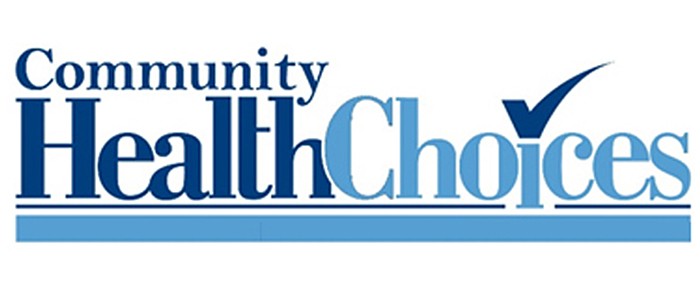Today, we received the following alert from one of our national associations. Please contact both Senators Casey and Toomey.
The full Senate will vote very soon on the Tax Cuts and Jobs Act, which has already passed out of the Finance Committee, in an attempt to overhaul the federal tax code. While ANCOR does not have a position on tax reform, we have key positions on how tax reform may impact our services. Given these principles and a Senate tax reform vote as soon as next week, we believe it is important to speak up about the importance of Medicaid to people with I/DD before the Senate votes on this legislation.
Please contact your Senators TODAY and tell them that you cannot support the legislation in its current form because:
- The changes proposed to the charitable tax deduction reduce the ability of nonprofit disability service providers to fund important services for people with intellectual and developmental disabilities (I/DD).
- As the only other federal support for Medicaid long term services and supports, the House passed legislation removing the medical expense deduction could put significant strain on the Medicaid program that serves people with I/DD.
- The changes to the unrelated business income tax (UBIT) impact the ability of nonprofit providers and their associations to maintain limited but important revenues.
- The changes to state and local taxes would have a negative impact on certain states that obtain significant funding from these taxes for services for people with I/DD.
- The House legislation’s elimination of tax breaks on bond financing could significantly undermine the financing for affordable housing for people with I/DD.
- The addition of $1.5 trillion to the national debt may be used to justify future cuts in Medicaid, Medicare, or Social Security which are the main federal programs that support people with intellectual and developmental disabilities.
Click here to send an email directly to your Senators! Please do not put this off — a full Senate vote could happen soon after the Thanksgiving holiday.
This position is in keeping with the Board-approved ANCOR tax reform principles that we adopted at the beginning of this debate.
ANCOR Tax Reform Principles
- Any process that includes changes to Medicaid should be accomplished through a process that affords sufficient opportunity for legislators, advocates, and constituents to review and provide feedback on the proposal and legislative language prior to passage.
- Individual or corporate tax cuts or expenditures must not be paid for by cuts to Medicaid, Medicare, Social Security, or other mandatory or discretionary programs that promote independence, inclusion, and community living for people with disabilities.
- Tax reform should not decrease revenue to an extent that revenue is insufficient to continue to fund the programs and services and supports for people with disabilities at current levels or above.
- The charitable deduction should be maintained and improved for the non-profit sector which provides the majority of services and supports for people with disabilities.
- Unrelated business income tax should be held harmless to protect the vital role of nonprofits and associations in the disability services sector.
Thank you for your advocacy on behalf of people with disabilities. Should you have any questions or need more information, please contact Sarah Meek, ANCOR’s Director of Legislative Affairs, or Jack Phillips, RCPA’s Director of Government Affairs.

















